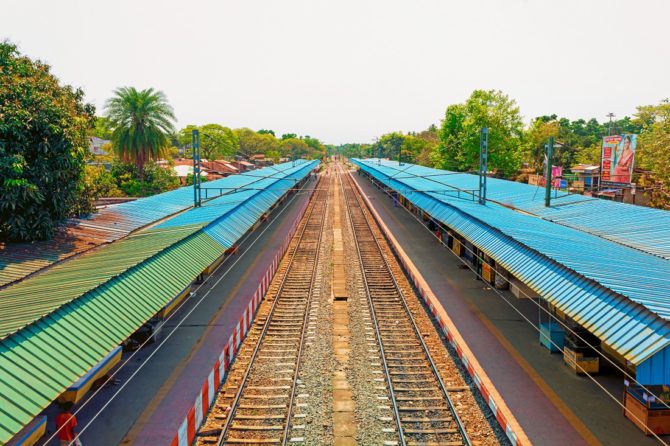Castrol India and Gulf Oil Lubricants India Ltd. each temporarily closed its lubricant plants as the government tries to stop the spread of the deadly coronavirus in the world’s third-largest lubricant market.
The local authorities and various state governments in India earlier this month issued directives to shut down factories and offices as well as public transport for a few days to prevent the spread of the coronavirus, which has killed more than 24,000 globally as of yesterday, according to the World Health Organization.
India, Asia’s third-largest economy, has also been affected by the coronavirus, and the government has taken several measures to slow the pandemic.
“The Covid-19 situation in India is constantly evolving, with the government issuing a series of local health and safety advisories, which have become more stringent over time to ensure the safety and well-being of people,” Castrol India said in a statement on March 23.
Castrol, which mandated all its employees to work from home, has suspended operations in all its manufacturing plants until further notice. The lube supplier’s plants are located at Patalganga in Maharashtra state, Paharpur in West Bengal and Silvassa in western India.
“The situation will be closely monitored, and operations at the manufacturing plants will be resumed when the situation improves, and it is safe to do so,” the Mumbai-based company stated.
Gulf Oil Lubricants India, another key private player in the domestic lubricant market, said it has also suspended operations in its manufacturing plants at Silvassa and Chennai in southern India until further notice.
Industry officials said the complete lockdown in the country will put further strain on businesses, including auto sector, which is already facing the heat due to subdued demand amid slowdown in the economy and weak consumer sentiment.
“April to June has certainly gone for a toss,” Shailendra Gokhale, managing partner of Mumbai-based Rosefield DAA International Consultancy LLP, told Lube Report, referring to the impact on the country’s economy.
Gokhale said July to September could also turn out to be a dull economic period if the entire situation does not improve soon and the coronavirus spread is not contained quickly.
Credit crunch will be the biggest problem for industries after the current lockdown period ends in mid-April, he said, adding that fiscal stimulus from the government will help, but it will take time for the economy to return to normal levels.
The coronavirus, which originated in China in December 2019, has infected thousands of people apart from affecting trade across the world, including in India. The total number of confirmed coronavirus cases in the country, including foreigners, reached nearly 700 as of March 26, while the death toll has climbed to 16, the data on India’s Ministry of Health & Family Welfare website showed.
The rising coronavirus cases prompted the federal government to announce a three-week nationwide lockdown beginning March 25. The lockdown bans operations for all businesses except those declared to be essential and stops people from stepping out of homes.

Railway platforms are empty in West Bengal, India, as part of a curfew lockdown for safety due to the Covid-19 pandemic.